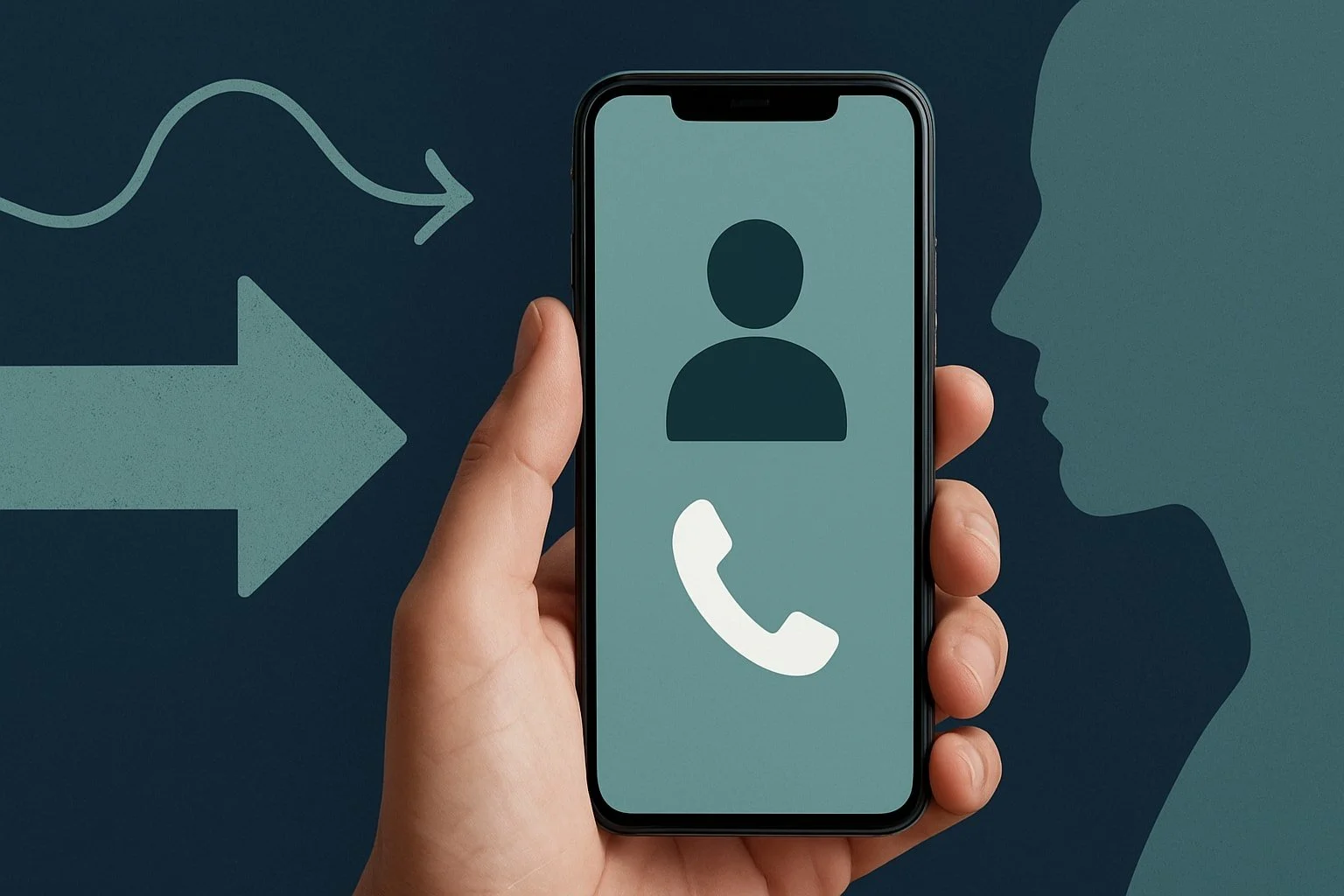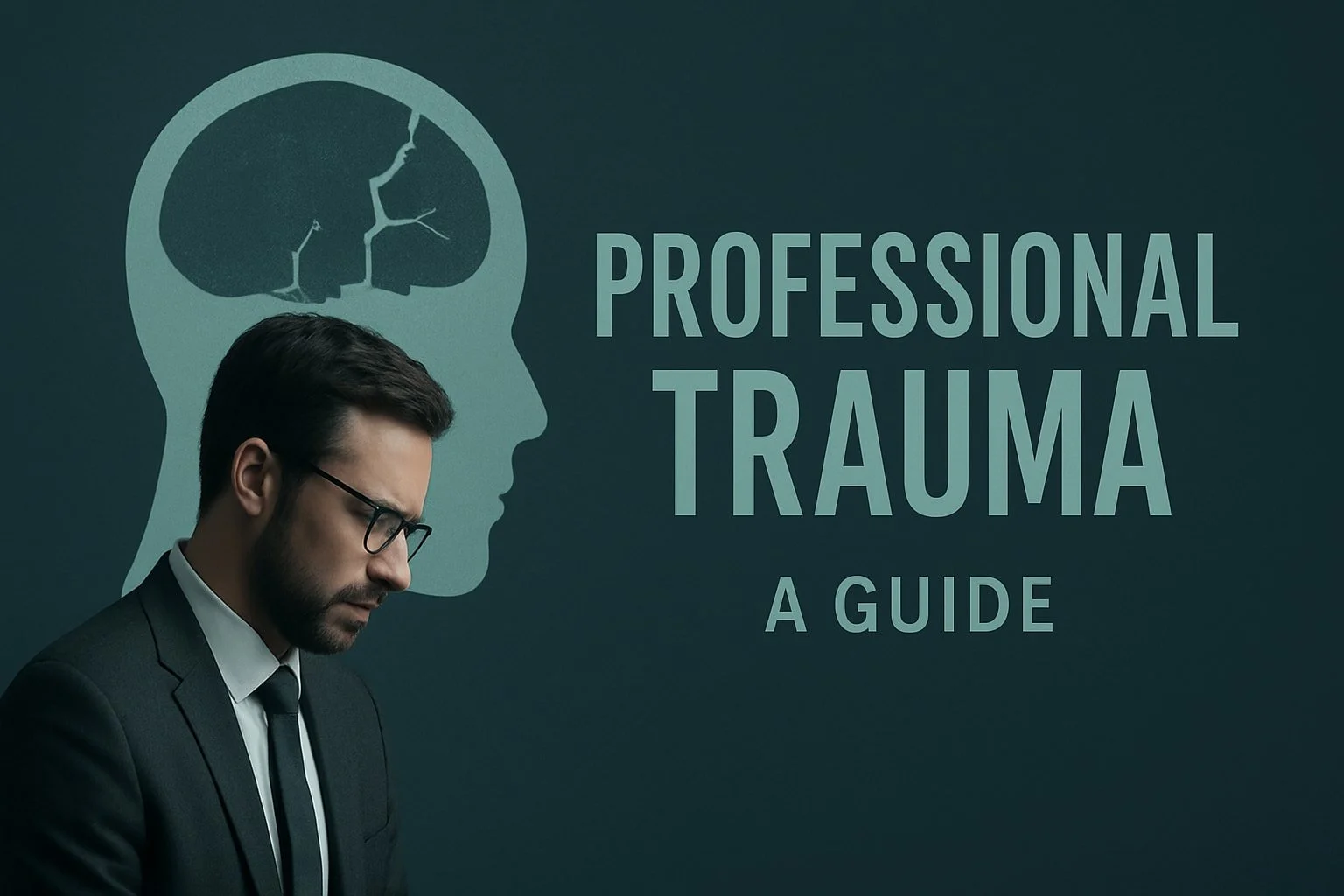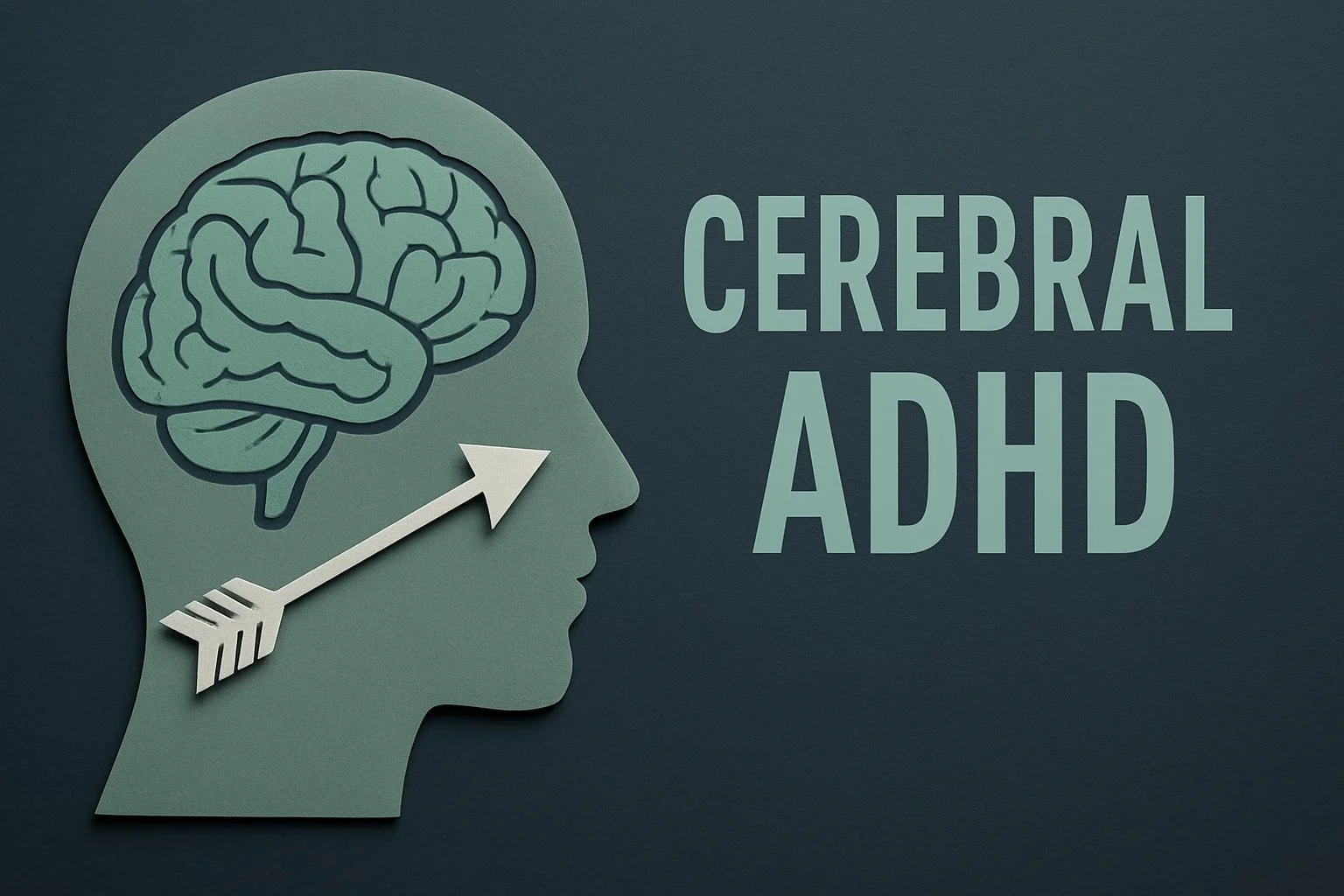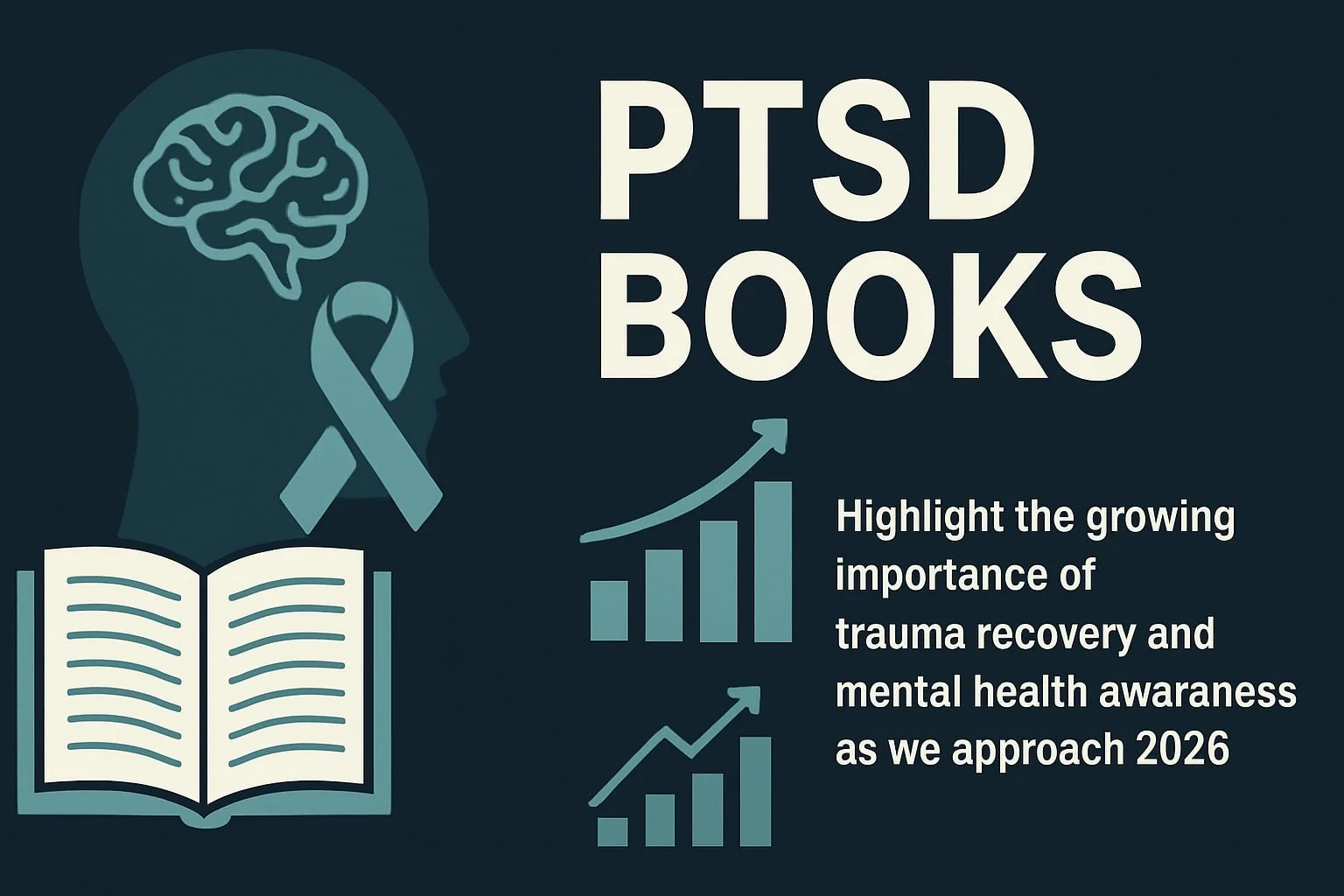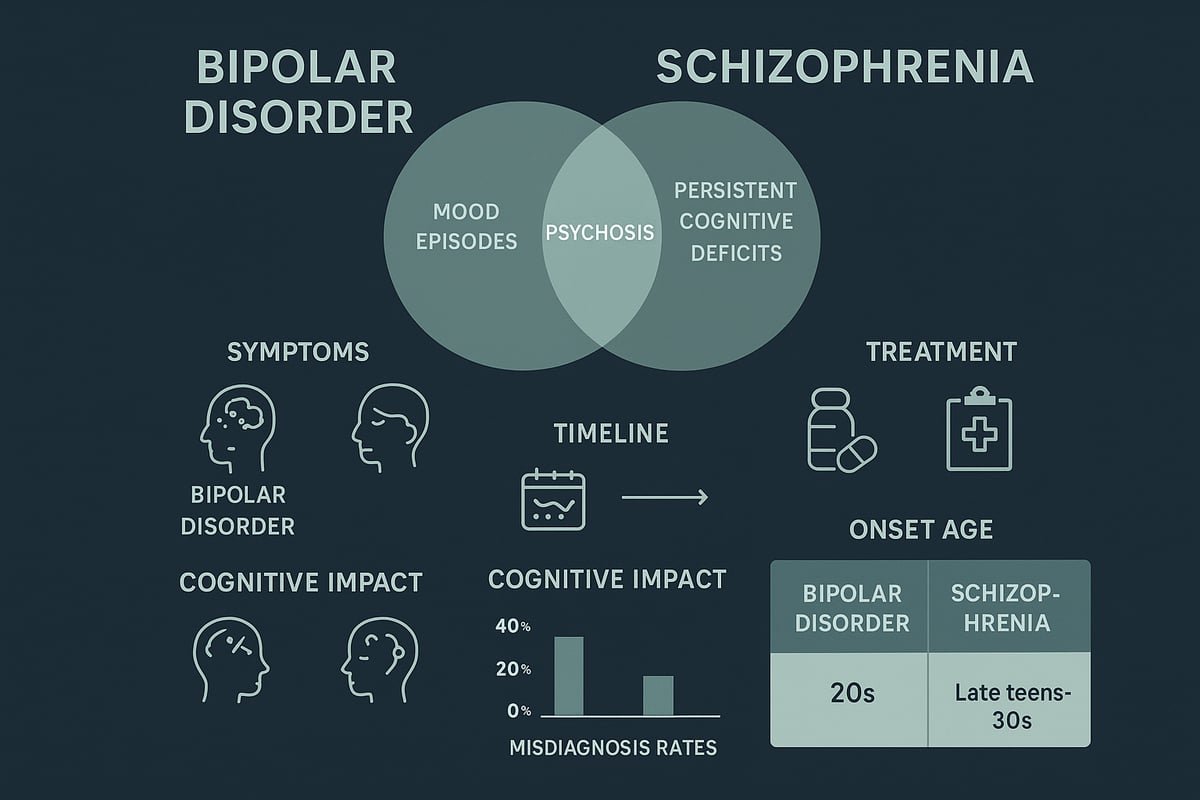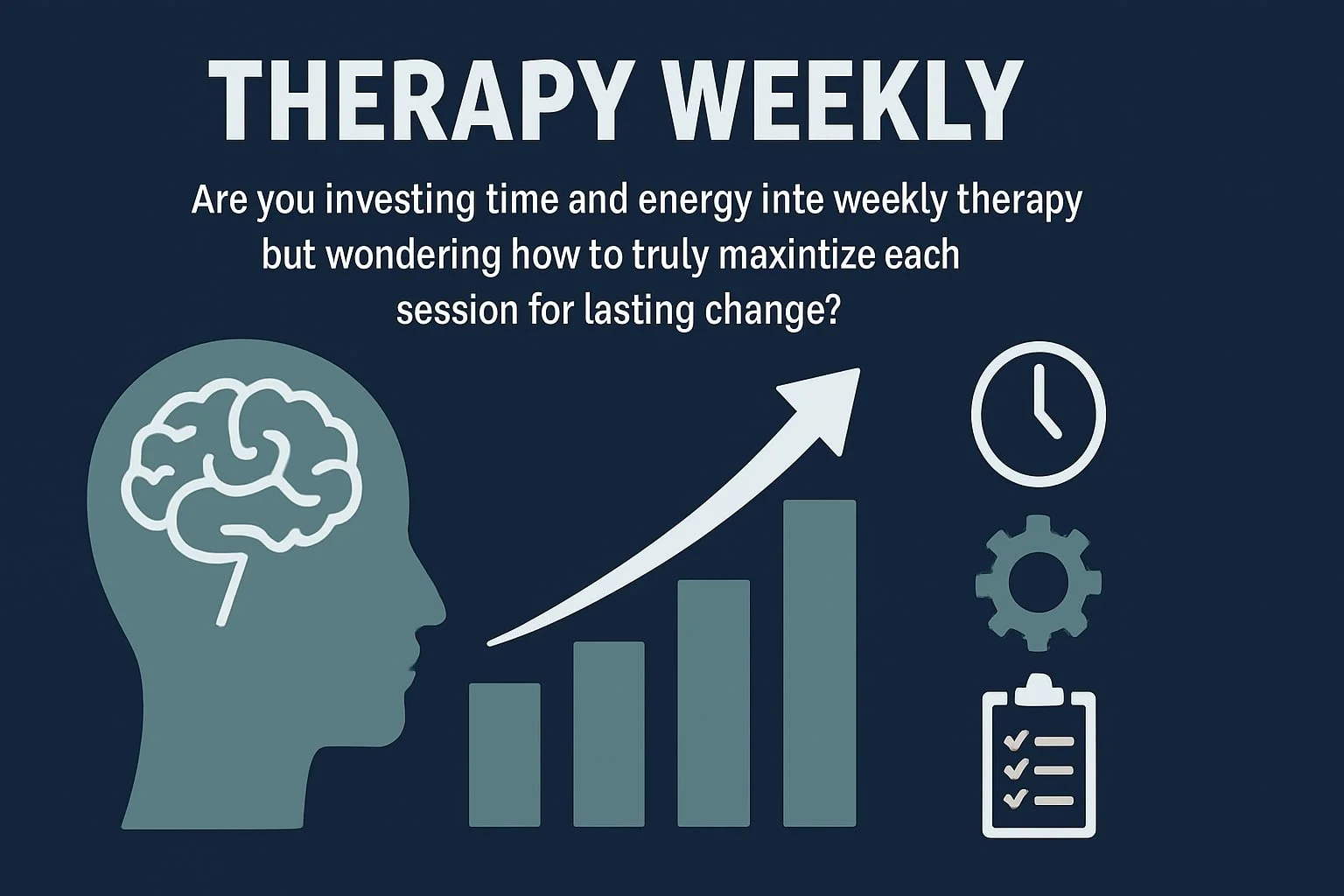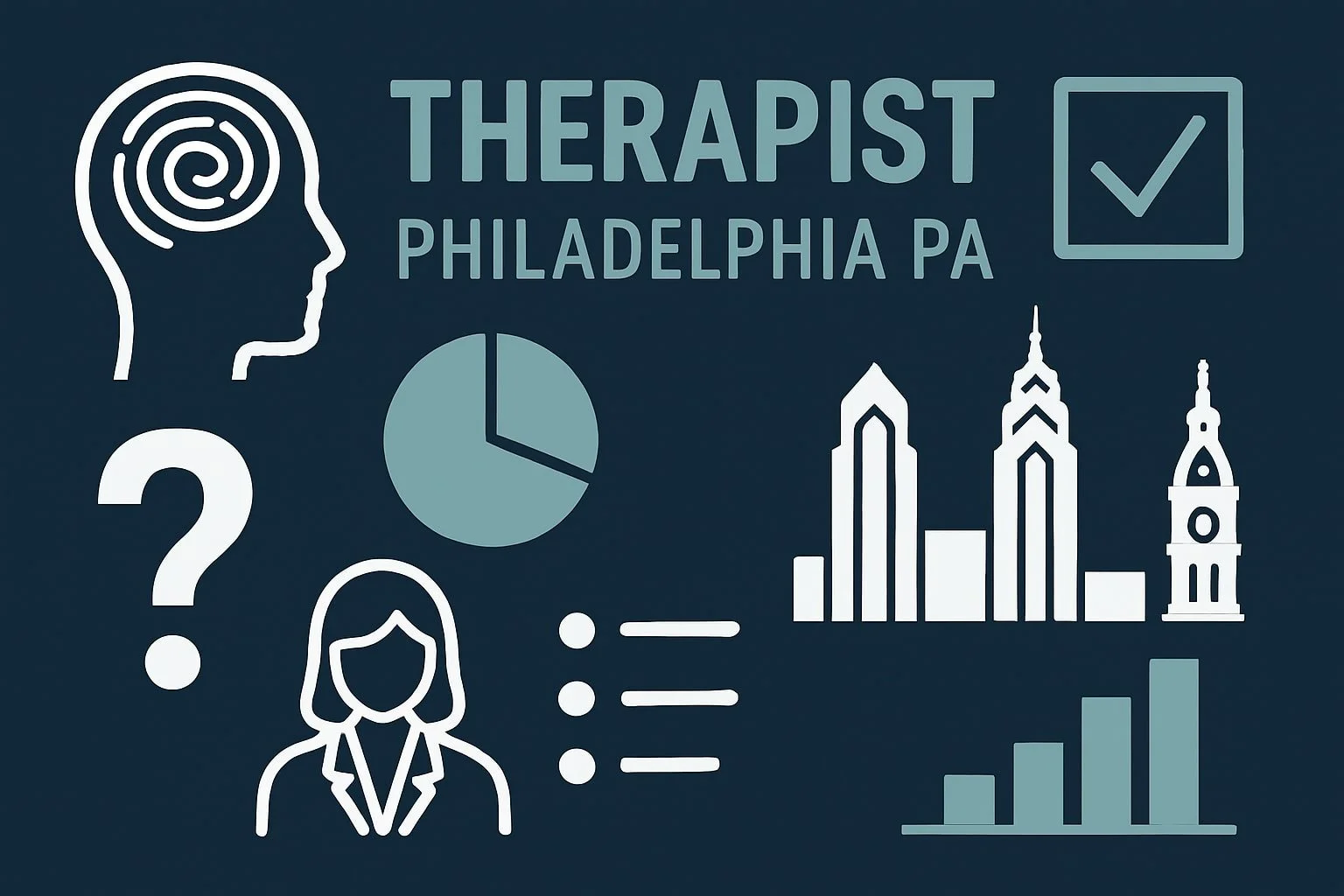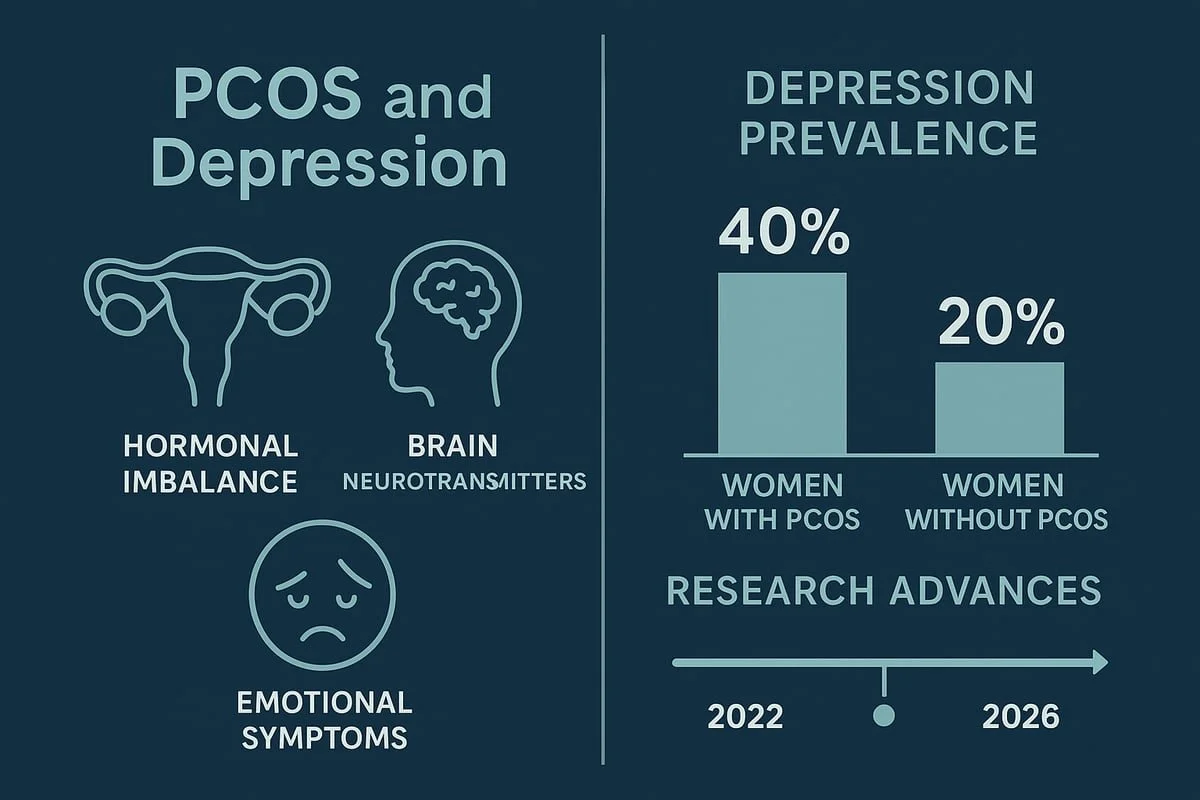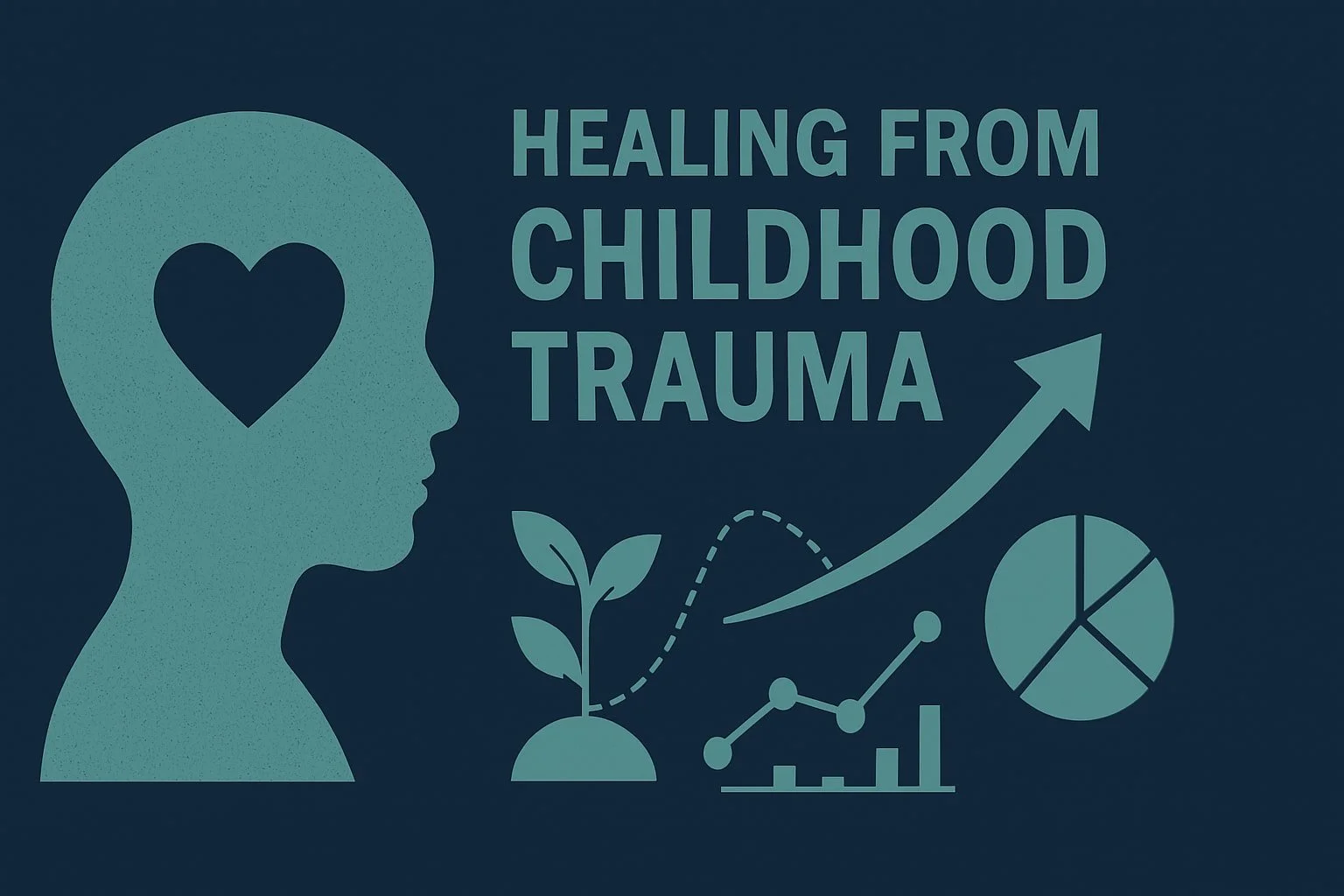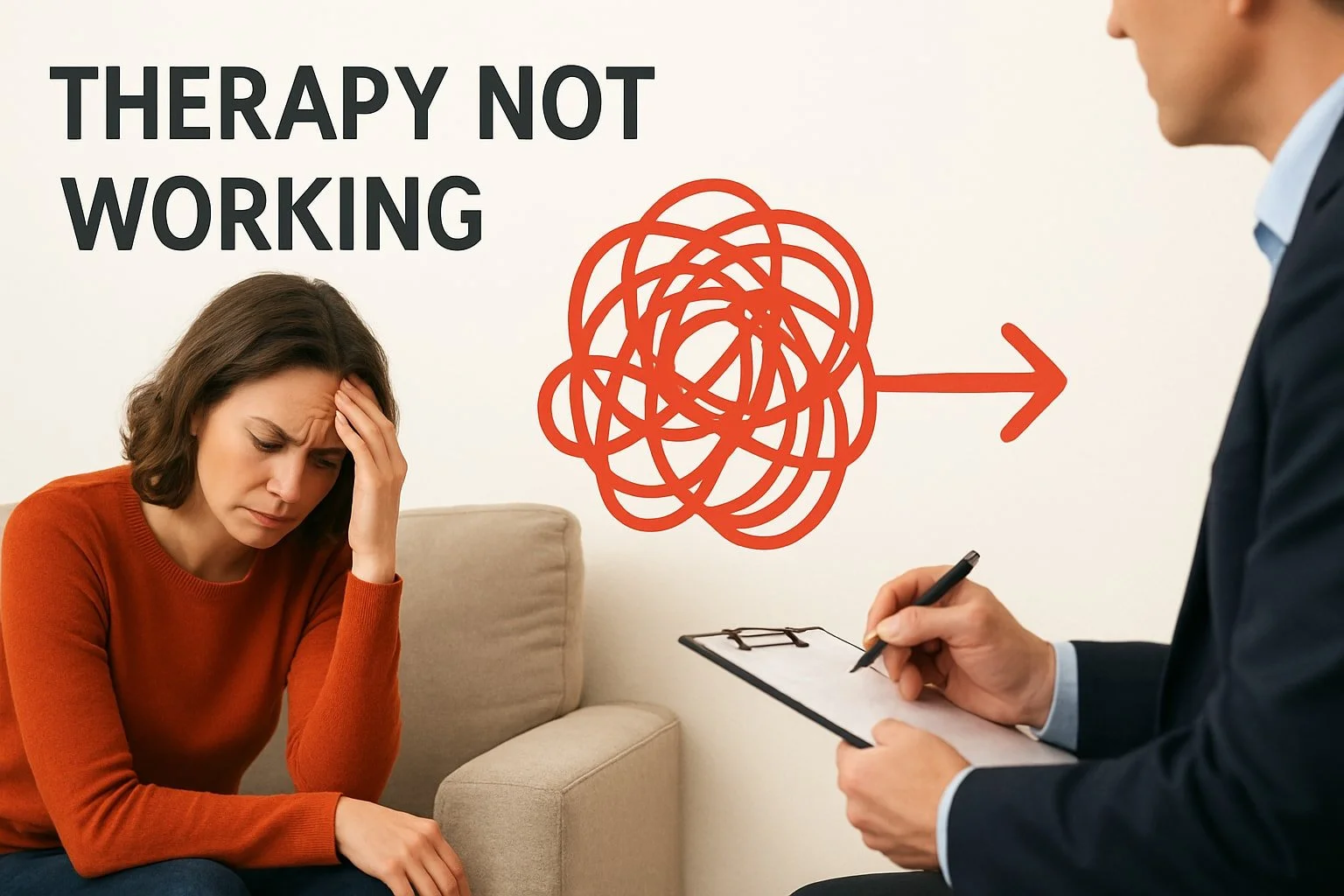When High Achievers Hit the February Wall: Why Your Nervous System Is Done Pushing
High-achieving professionals in Raleigh often hit a wall in February that productivity and discipline can’t fix. This article explores how high functioning anxiety and nervous system overload show up beneath outward success, and why pushing harder isn’t the answer for executives, entrepreneurs, and leaders in North Carolina.
Guide to Calling a Therapist: Steps for a Confident Start 2026
Feeling anxious about calling a therapist for the first time? This 2026 guide walks you through exactly what to expect, what to say, and how to overcome the fear of reaching out. Learn practical steps to prepare for your first call, assess therapist fit, and move forward with confidence in your mental health journey.
Professional Trauma Guide: Expert Strategies for 2026
Professional trauma care is evolving fast. In this expert guide for 2026, learn how trauma professionals can assess complex trauma, apply evidence-based interventions, integrate somatic and neuroscience-informed tools, and build sustainable, trauma-informed practices that meet today’s rising demands.
Cerebral ADHD Guide: Understanding and Managing in 2026
In 2026, “Cerebral ADHD” searches are exploding as telehealth and neuroscience reshape how ADHD is diagnosed and treated. This guide breaks down modern assessment, therapy, medication realities, costs, and practical daily strategies—so you can choose care that actually fits your brain.
Top 7 Psychological Trauma Books to Read in 2026
Looking for the best psychological trauma books to read in 2026? Here are 7 standout picks with quick summaries, who each book fits best, and how to choose what will actually help.


